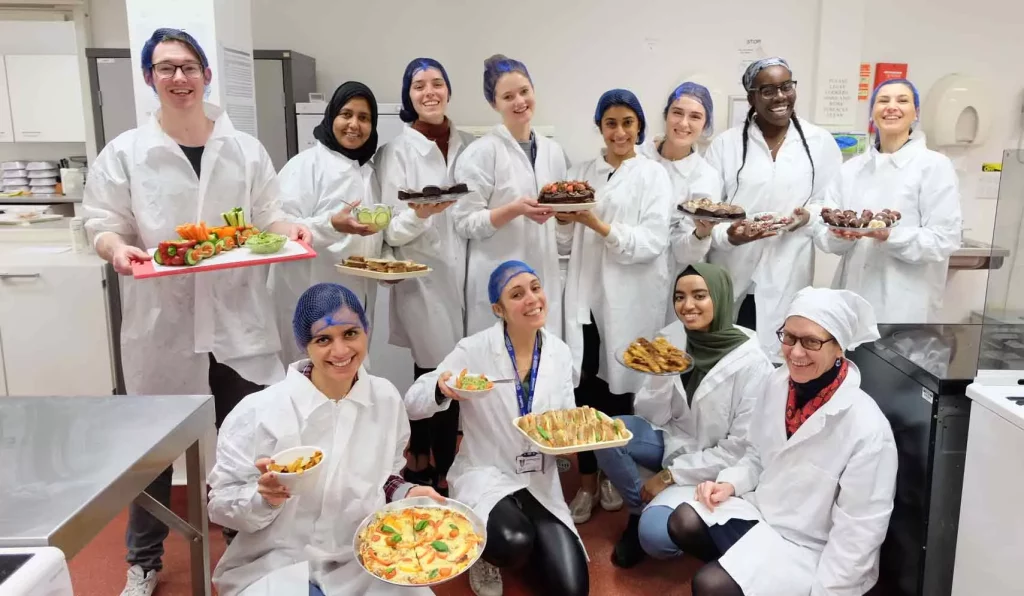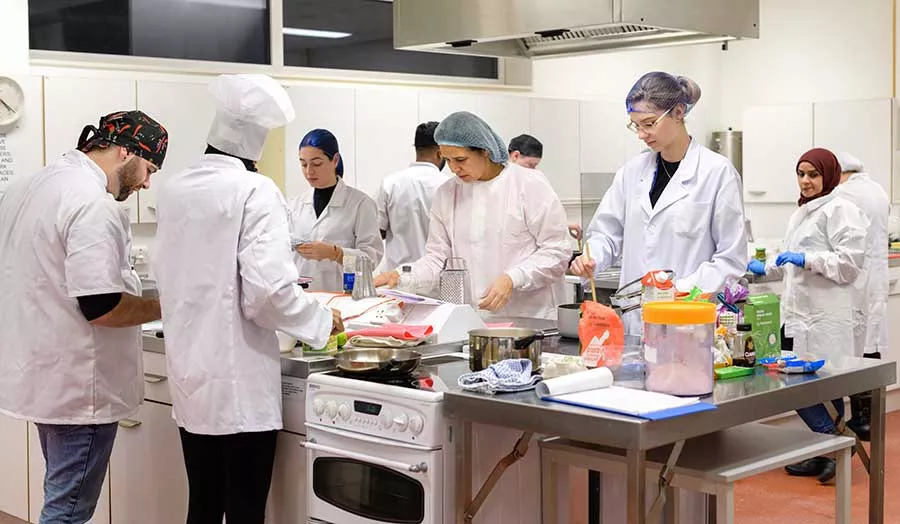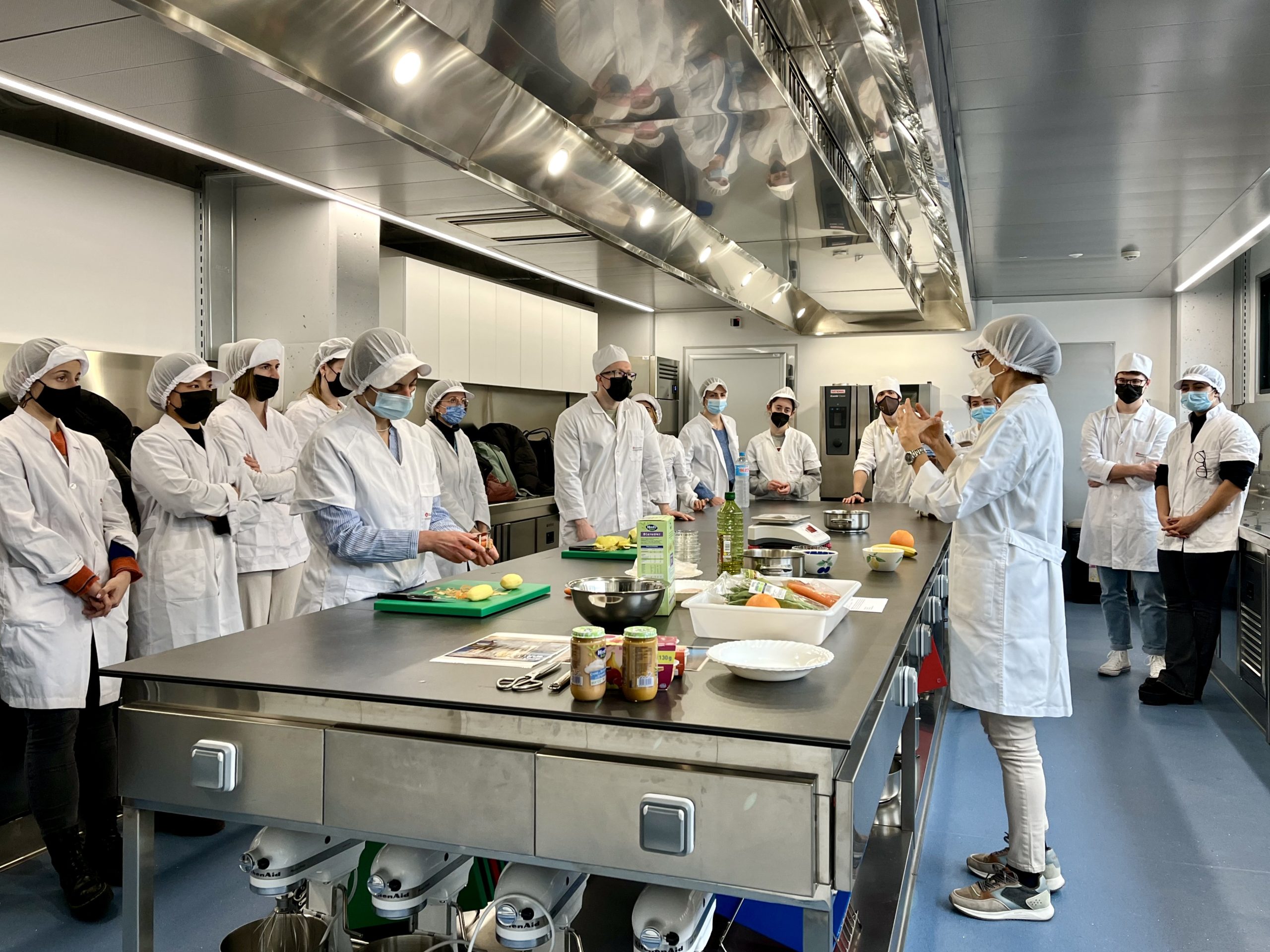As the world becomes more health-conscious, the field of nutrition and dietetics has gained significant attention. With the growing demand for trained nutrition professionals, universities in Pakistan have started offering Bachelor in Human Nutrition and Dietetics programs. These programs allow students to learn about the scientific principles of nutrition, food processing, and human metabolism. This article will discuss the BS Human Nutrition and Dietetics subjects offered in Pakistan and how they can benefit students who aspire to become professional nutritionists.
Introduction to Human Nutrition
The BS Human Nutrition and Dietetics program in Pakistan usually starts with an introduction to the basics of human nutrition. This course provides an overview of essential nutrients, their sources, and their role in maintaining health. The students learn about macronutrients such as carbohydrates, proteins, and fats and micronutrients such as vitamins and minerals. Additionally, the course discusses the concept of energy balance and how to achieve it through proper nutrition.

Food Science and Technology
Food Science and Technology are essential in the BS Human Nutrition and Dietetics program. This course teaches students about food’s chemical and physical properties and how they change during processing, preservation, and storage. The students learn about food safety, additives, and labeling regulations. This knowledge is crucial for future nutritionists as it helps them understand how food production affects the nutritional quality of our food.
Biochemistry
Biochemistry is the study of the chemical processes that occur in living organisms. In the BS Human Nutrition and Dietetics program, students learn about the biochemical processes that occur during digestion, absorption, and metabolism of nutrients. This knowledge is necessary for future nutritionists as it helps them understand the nutritional needs of different individuals and how to develop personalized nutrition plans.
Nutrition in Different Stages of Life
Nutrition requirements vary according to the different stages of life, such as infancy, childhood, adolescence, adulthood, and old age. The BS Human Nutrition and Dietetics program offers a course that focuses on the nutritional needs of individuals at different stages of life. This course teaches students how to develop nutrition plans that cater to the specific needs of individuals at each stage of life.
Clinical Nutrition
Clinical Nutrition is a specialized subject that focuses on the role of nutrition in preventing and treating diseases. In this course, students learn about the nutritional requirements of individuals with specific health conditions such as diabetes, cardiovascular diseases, and cancer. They also know about medical nutrition therapy and how to develop personalized patient nutrition plans, methodologies, and techniques such as surveys, experiments, and observational studies. The students also learn to analyze data and interpret results, crucial for developing evidence-based nutrition recommendations.
Food Service Management
Food Service Management is a course that focuses on managing food service operations. This course teaches students menu planning, food safety regulations, and quality control. The students also learn about food service management techniques such as inventory control, budgeting, and marketing. This knowledge is essential for future nutritionists as it helps them understand how to manage food service operations in hospitals, schools, and other healthcare facilities.

Community Nutrition
Community Nutrition is a specialized subject that focuses on the role of nutrition in promoting public health. This course teaches students about different communities’ nutrition-related challenges, such as malnutrition, obesity, and food insecurity. The students also learn about community-based nutrition interventions and how to design nutrition programs that cater to the needs of specific communities.
Professional Ethics in Nutrition and Dietetics
Professional Ethics in Nutrition and Dietetics is a course that teaches students about the ethical principles and standards that guide nutrition and dietetics practice. This course emphasizes the importance of ethical behavior in the profession and the need to uphold the highest standards of integrity, honesty, and professionalism. The students learn about the ethical issues nutrition professionals face, such as conflicts of interest, confidentiality, and informed consent.
Conclusion
In conclusion, the BS Human Nutrition and Dietetics program in Pakistan offers students a comprehensive education in the science of nutrition and dietetics. The program covers various subjects, from essential food to specialized courses such as clinical nutrition and community nutrition. The knowledge gained in these courses is necessary for students who aspire to become professional nutritionists. The program provides students with the skills and knowledge they need to develop evidence-based nutrition recommendations, manage food service operations, and design nutrition programs that promote public health. With the growing demand for trained nutrition professionals in Pakistan, a BS in Human Nutrition and Dietetics can be an excellent career choice for students who want to make a difference in nutrition. Read more here!

